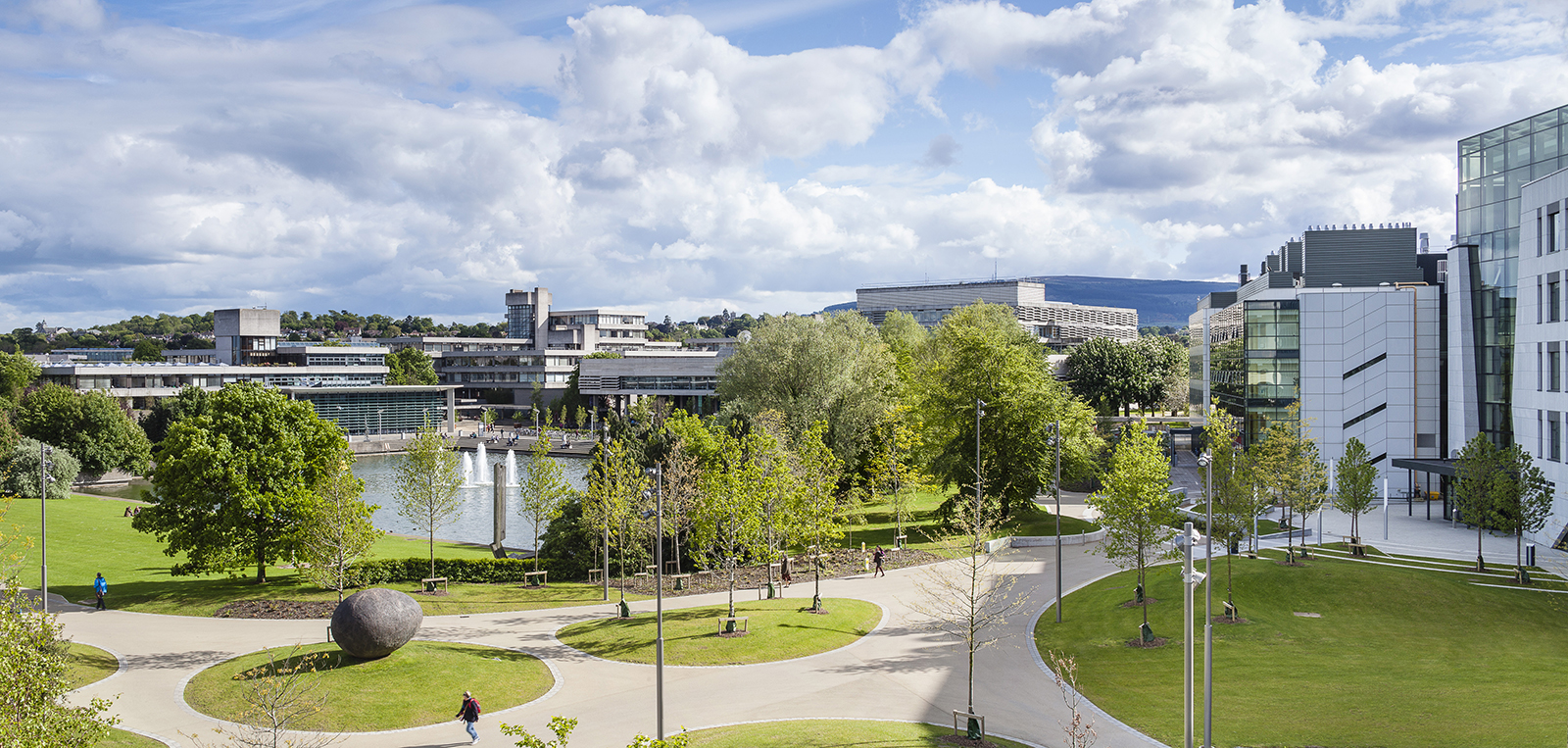This module allows you to build your understanding of the spatialities of power and inequalities. With a focus on Critical Geographies, the module explores with students how, that is how power and inequalities are central to the creation of places, cities, rurals, regions, nations, transationalisms and scales and how these, in turn, are formed through power and recreate inequalities. Areas for discussion will vary annually and may include queer theory, feminism, intersectionality/critical race studies, postcolonialism/decoloniality, Marxism, radicalism, anarchism, and non-representational approaches.
Following expert introductions to key areas of critical geographies, students will work with the module coordinator to choose readings and scholarly and activist materials in their areas of interest. They will present these materials in class, developing discussions and everyone’s learning. Assessment will be developed with the module coordinator and led by the students. Options include in-depth theoretical essays, explorations of key activisms/movements using materials and scholarly literature, videos or performances.

